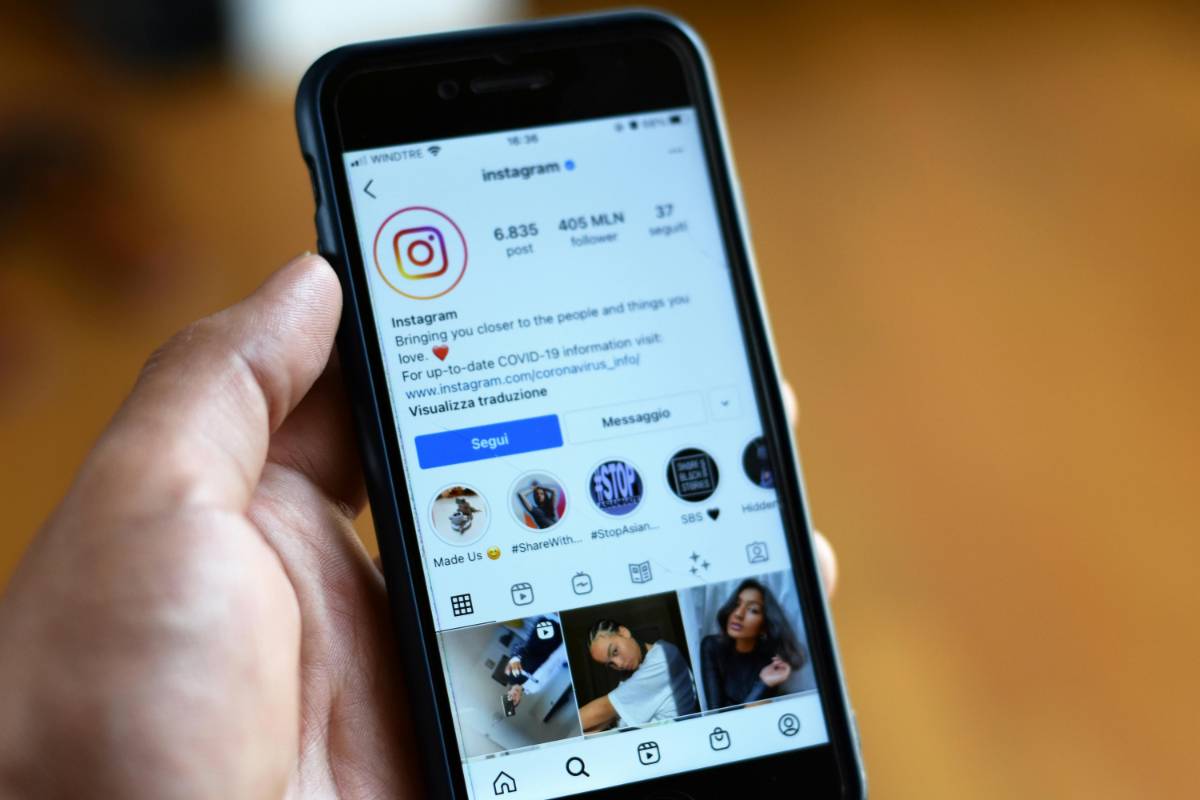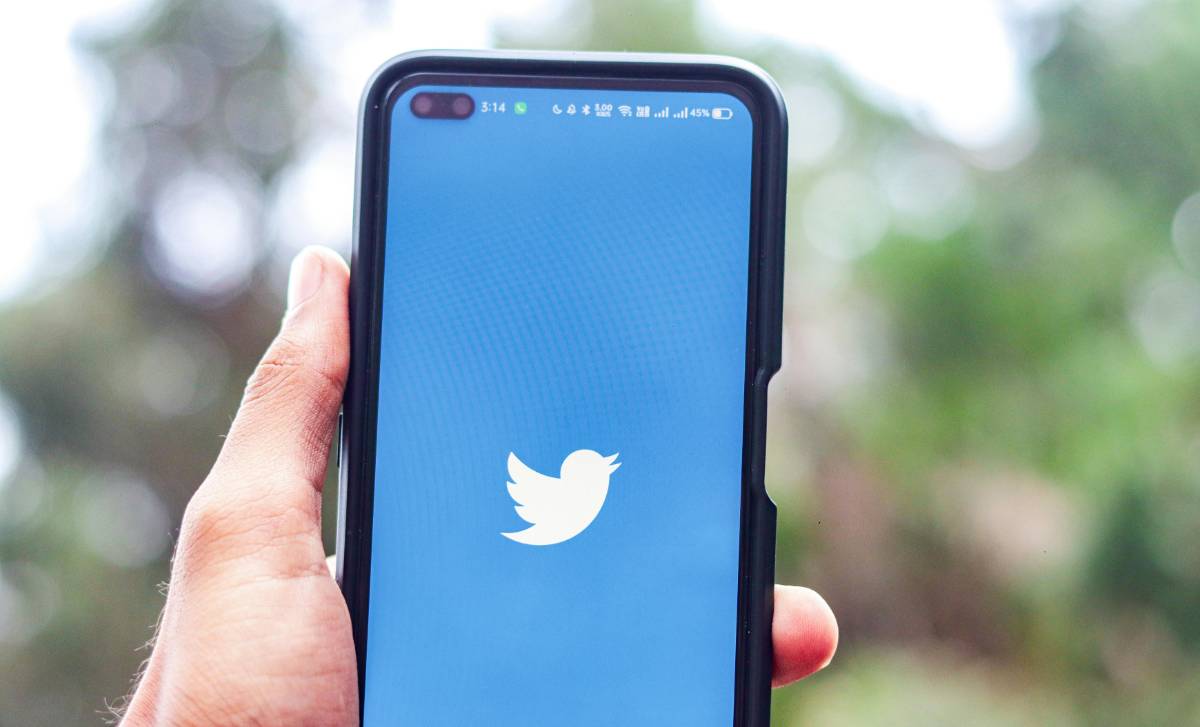The Future of Influencer Marketing: What to Expect in the Next Decade
23 May 2025
Read Time: 3 min read

Influencer marketing has grown into a major force in the advertising world, and its trajectory shows no signs of slowing down. As new technologies and consumer behaviors evolve, influencer marketing is set to change drastically over the next decade. Brands, marketers, and influencers will need to stay ahead of these trends to maximize their success in this ever-changing landscape. Here's what we can expect from the future of influencer marketing.
1. The Integration of AI and Predictive AnalyticsArtificial intelligence (AI) is already making waves in influencer marketing, but in the coming years, its role will become even more essential. AI will enhance the way brands identify influencers, using data-driven insights to determine which influencers are best suited to a campaign. Predictive analytics will help brands optimize campaigns, targeting not only the right influencers but also the perfect timing for posts to achieve maximum engagement. AI tools will also assist in detecting fake followers and inauthentic engagement, ensuring brands are getting real value from their investments.
2. The Dominance of Micro and Nano InfluencersWhile celebrity influencers will always have a role to play, the future of influencer marketing lies in micro and nano influencers. These individuals, who have smaller but more engaged followings, often deliver better ROI for brands. Their audiences trust them more, and their content feels more authentic. As consumers become more wary of overt advertisements, micro and nano influencers will continue to grow in importance, providing brands with authentic, grassroots connections to target markets.
Virtual influencers, such as Lil Miquela and Shudu, have already gained popularity. In the next decade, we can expect an even larger wave of AI-generated influencers who will dominate social media. These digital personas offer brands complete control over their image, with no risk of personal scandals or unpredictable behavior. Additionally, these virtual influencers can be tailored to fit any brand's aesthetics, making them highly versatile marketing tools. While human influencers will continue to have a significant presence, AI influencers will become increasingly common.
💡 Discover More from Social-Media
In the future, brands will likely move away from one-off influencer collaborations and embrace long-term partnerships. This trend is already beginning as brands realize the value of building ongoing relationships with influencers whose values align with their own. These long-term collaborations create deeper connections between influencers and their followers, leading to more effective and authentic marketing. By focusing on sustained partnerships, brands can also develop more integrated marketing strategies that evolve over time.
5. The Emergence of Niche InfluencersAs influencer marketing becomes more saturated, brands will start focusing on niche influencers who cater to specific audiences. These influencers may not have massive followings, but their highly targeted content appeals directly to the needs and interests of their niche audiences. For example, influencers in the wellness, sustainability, or tech sectors will have more influence within their specialized communities. By partnering with niche influencers, brands can reach audiences who are genuinely interested in their products or services.
6. More Focus on Ethical and Sustainable InfluencingConsumers are becoming increasingly conscious of the ethical practices of the brands they support. In the future, influencers will need to be more transparent about their partnerships and promote products that align with sustainable and ethical values. Brands that engage in "greenwashing" or misleading campaigns will quickly be called out by both influencers and their followers. To stay relevant, influencers and brands alike will need to prioritize authenticity, honesty, and social responsibility in their marketing efforts.
ConclusionThe next decade of influencer marketing will see tremendous innovation and change. From AI-driven tools and virtual influencers to the rise of niche and micro influencers, the landscape will continue to evolve. For brands, staying ahead of these trends will be key to leveraging influencer marketing effectively and ensuring their campaigns resonate with an increasingly savvy audience.
Stay Informed
Get the latest and most accurate news delivered straight to your inbox. Subscribe now and never miss an update.

Emily Brooks
An insightful voice in the industry, crafting content that informs, inspires, and connects with readers.
View all articles →
















